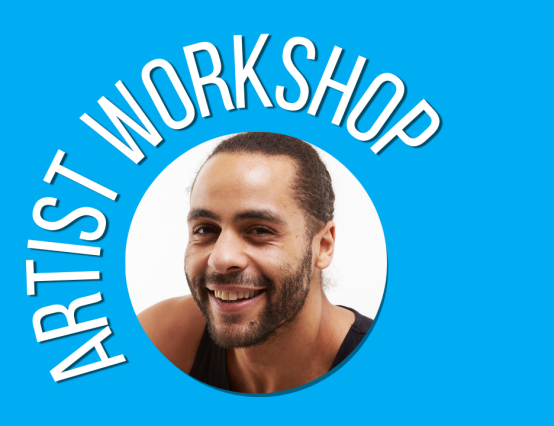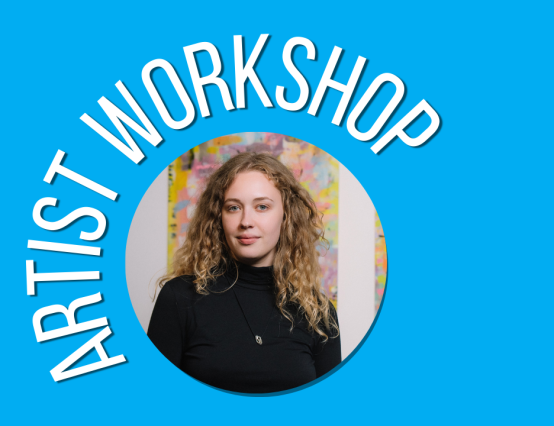From guiding your project from start to finish to helping you smash those goals, the action plan is crucial for your Arts Award.
Whilst it can be daunting to sit down and plan out your award, it certainly doesn’t have to be. Refer to these steps to create a clear, coherent and concise plan of action.
1. Ask: why? ❓
Asking why you’re setting off to undertake your Arts Award is imperative when writing your action plan. It will determine your approach to goals, setbacks and accomplishments.
So, why have you chosen Arts Award? Maybe you’re looking to expand your artistic repertoire, or perhaps it’s part of an art club outside of ordinary education, or even part of an art class within school. Perhaps you don’t exactly know the reason for taking Arts Award - it just sounded like a cool thing to do.
It’s time to narrow down those reasons and explain a clear answer as to why you’re doing Arts Award and what you hope to achieve along the way. It will make the next 4 steps much easier...
2. Set specific goals 🥅
Writing a vague action plan is futile. If you don’t have tangible aims for your Arts Award, it’s difficult to guide yourself through setbacks which may come your way.
That’s why it’s vital to establish realistic goals at the beginning of the project which will prevent aimless musings, unrelated to your core aim. Time is precious, particularly if you are fitting in your Arts Award around school, so a concise and accountable action plan can ensure the time spent really counts. We all know how easy it is to become sidetracked learning a new creative process so by referring to your action plan along the way you can be sure you are ticking off the required steps as you go along. And if you find that your aims and goals are not working out the way you planned, that’s okay, as long as you record the outcomes and the reasons why.
So, how to set specific goals?
Take a step back. Do that wiggly arm exercise your drama teacher used to do, and put pen to paper. Write: how do I want to practically improve my art?
3. Practicality is key 👍🏽
If you’ve answered the above question by stating, I want to paint like Banksy, write like Stephen King, play music like Lang Lang, then… that’s great, but narrow it down. What is it about Banksy’s artwork, Stephen King’s plotlines or Lang Lang’s technique that intrigues you? State how you think you may achieve your aims by breaking it down into individual steps and and what you will need to do to move forward in your creative process. Set out a rough timetable and what you hope the finished result may be.
4. Colour it, draw it, speak it 🎨
Referring to your action plan the whole way through your project will help you tenfold. That’s why making your plan as visual and engaging as possible will help guide you. Who was ever excited by black and white bullet points? Definitely not aspiring artists.
Whether you decide to draw out your action plan, speak it aloud to camera or allow your creativity loose in another way, ensure you’ll want to check back to this regularly. You’ll thank yourself later.
5. Bang up-to-date 🗓️
Here’s the thing about project plans: like your own art, they evolve over time. They might be less exciting, but it pays to keep them up-to-date.
It’s likely your Arts Award schedule will vary week to week. Whether you’re spending one hour or eight on your award every week, why not carve out a few minutes on a regular basis to update your action plan?
Add any challenges and setbacks, as well as your proposed solutions. This way, at the end of the project you’ll be able to take an informed and chronological overview. Reflective learning is a huge part of the Arts Award process and if you’ve checked-in regularly with your action plan over the course of the project it will make this final section so much easier to complete.
For more advice, tips and inspiration, head over to our Silver Hub.









0 Comments